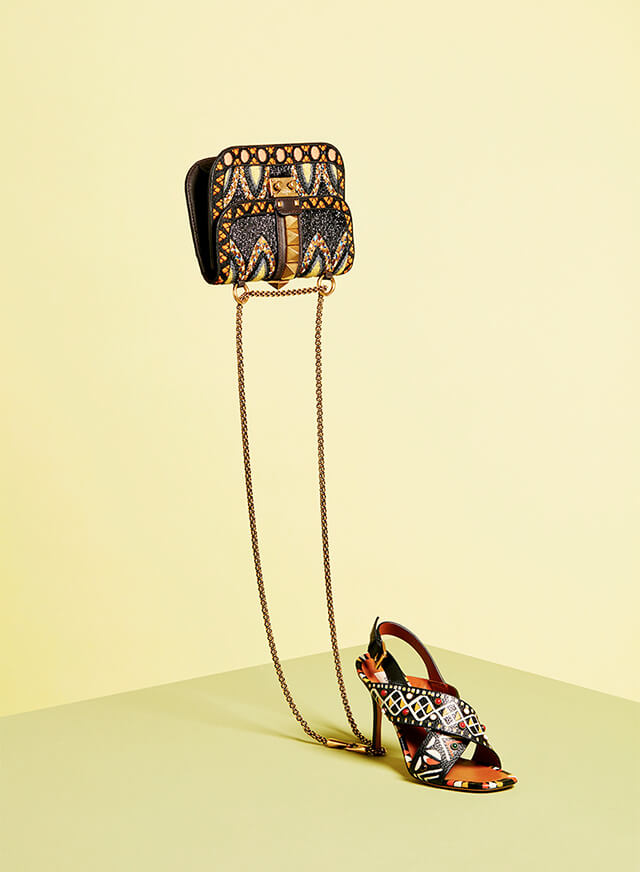Hearing loss can be an isolating and frustrating experience. The good news is that there is a wide selection of hearing aids available to help improve hearing and overall quality of life.
But with so many options to choose from, it can be a bit confusing to determine which type of hearing aid would work best for you. In this blog, we’ll talk about the different types of hearing aids and some key factors to consider when choosing the best device for your unique hearing needs.
Degree and type of hearing loss
There are three main types of hearing loss: sensorineural, conductive, and mixed. Sensorineural hearing loss occurs when the inner ear or auditory nerve is damaged. Conductive hearing loss occurs as a result of issues in the outer or middle ear structures, which inhibit sound waves from reaching the inner ear. Mixed hearing loss, from the name itself, is a combination of sensorineural and conductive hearing loss.
Once the type of hearing loss has been determined, it is easier to choose from the different types of hearing aids available. The most common types of hearing aids are behind-the-ear (BTE), receiver-in-canal (RIC), and in-the-ear (ITE).
BTE hearing aids
BTE hearing aids consist of a component that sits behind the ear and tubing that connects the body of the device to an earmold that sits inside the ear canal. These hearing aids are a good option for individuals with severe hearing loss, as they can amplify sound more effectively and are more powerful than other types of hearing aids. BTEs are more visible than other types of hearing aids.
RIC hearing aids
RIC hearing aids are quite similar to BTE hearing aids, but the difference is that the receiver sits inside the ear canal and is connected by a wire to a smaller component behind the ear.. RIC hearing aids are a good option for individuals with mild to moderate hearing loss. Plus, they are less visible than BTE hearing aids, making them a discreet option.
ITE hearing aids
ITE hearing aids can offer great flexibility. They can be built to fill the whole bowl of the ear for patients with dexterity challenges or they can be built to discreetly sit fully inside the ear canal. However, due to the compact size of ITE devices, they may not be as powerful and effective for more severe hearing loss. Additionally, some of the features in newer hearing aids (e.g. Bluetooth and rechargeability) may not be available in the smaller ITE devices due to size limitations.
Hearing Aid Features
Another factor to consider when choosing a hearing aid is the features and technology that you need most.
Some hearing aids come with extra features, such as directional microphones, automatic noise cancellation, tinnitus relief, etc. Others may have Bluetooth connectivity, which allows you to stream audio directly to your hearing aids from your phone or other devices.
Size and shape
You may also want to consider the size and shape of the hearing aid and how it suits your ears. Larger hearing aids may be more effective and powerful, but you need to take note that they are more visible. On the other hand, smaller hearing aids are less noticeable, but they may not be able to accommodate much power and all the features you need.
Lifestyle and day-to-day activities
When choosing a hearing aid, it’s a good idea to consider your lifestyle and daily activities. If you work in a noisy environment or frequently attend social events, you may want to consider a hearing aid with noise-reduction features or directional microphones.
If you enjoy sports or live an active lifestyle, a durable and moisture-resistant hearing aid may be the best choice for you.
Conclusion
Choosing the right hearing aid can make a big difference in your communication skills, relationships, career, and overall quality of life. To determine the best type of hearing aid for you, consider your degree and type of hearing loss, the features you need, the different types of hearing aids available, the size and shape of the hearing aid, and your lifestyle.
It’s best to consult with an audiologist who can walk you through the process and help you choose the best option for your unique hearing needs.
Audiologists and Hearing Aids in Swampscott and Peabody, MA
If you need hearing aids or are looking for an audiologist who can expertly check your hearing aids in Massachusetts, contact us at Atlantic Hearing Care.
Our clinics are located in Swampscott and Peabody. We look forward to seeing you in our clinic!









